The Role of Sustainable Practices in Community Development
The Role of Sustainable Practices in Community Development
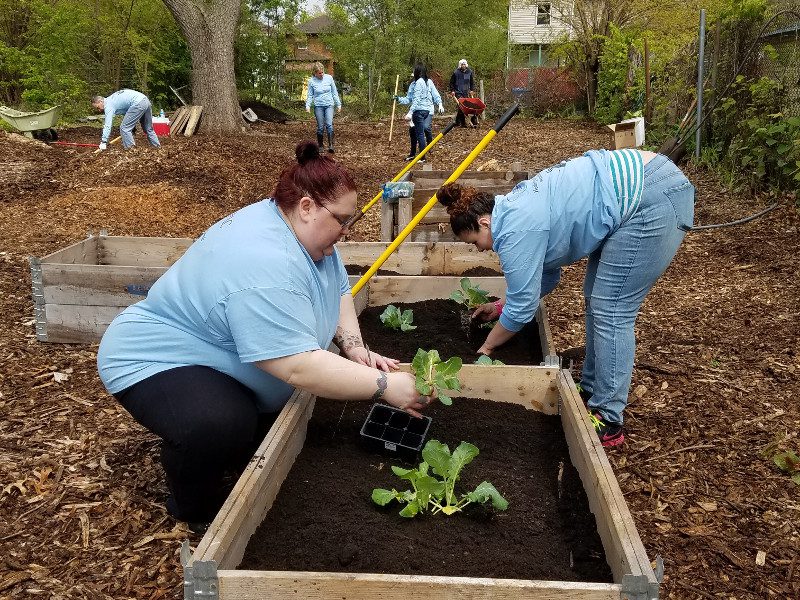
Sustainable practices are essential for fostering healthier, more resilient, and economically vibrant communities.
By integrating eco-friendly strategies into various aspects of community development, we can address environmental challenges, enhance quality of life, and promote social cohesion.
Here are seven ways sustainable practices can transform community development.
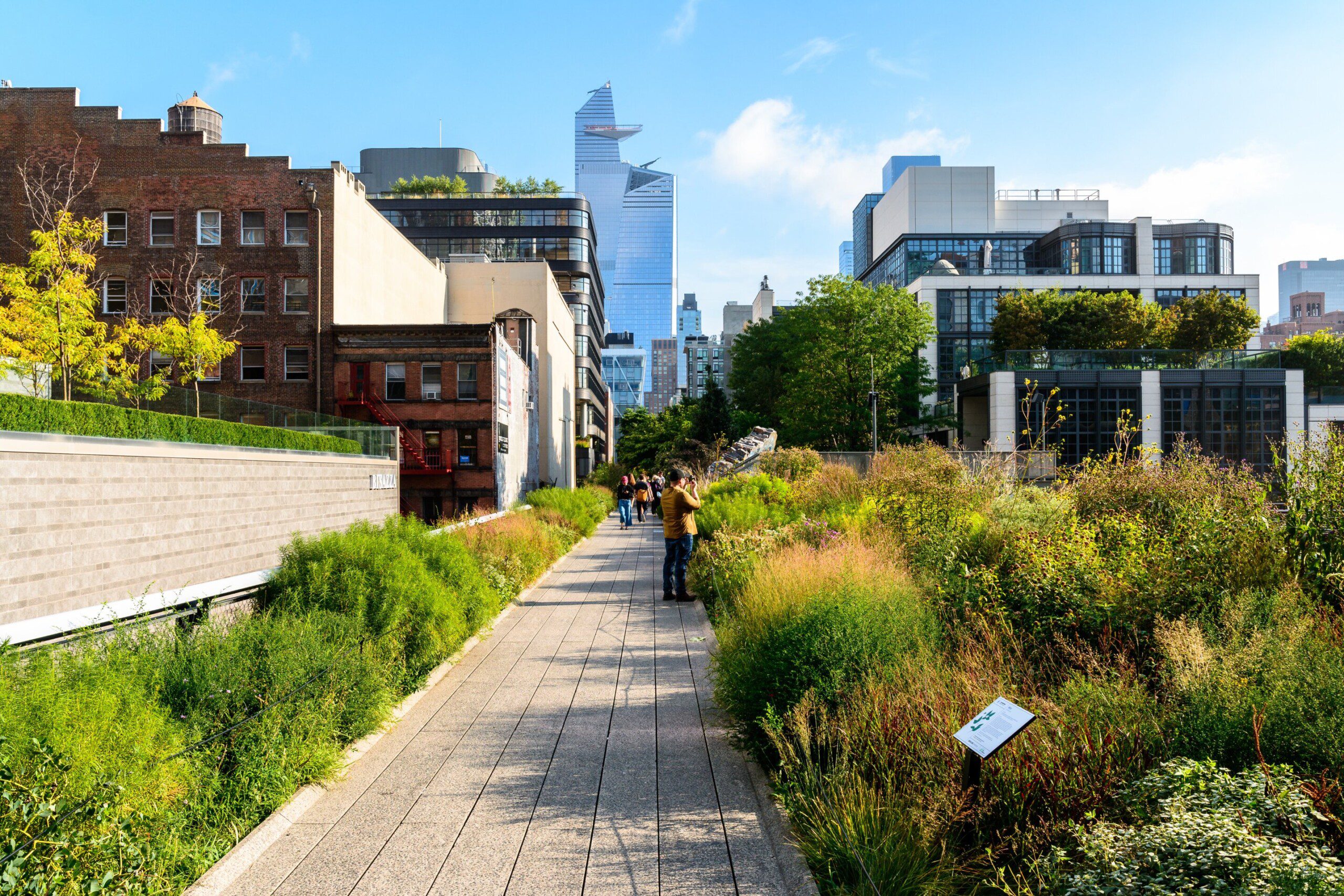
Urban Planning & Green Infrastructure
Sustainable urban planning involves creating walkable neighborhoods, reducing urban sprawl, and preserving natural landscapes. Integrating green infrastructure, such as parks, green roofs, and urban forests, helps manage stormwater, reduce heat islands, and improve air quality. These green spaces also provide recreational areas that promote physical and mental well-being.

Renewable Energy and Energy Efficiency
Transitioning to renewable energy sources, like solar and wind, and enhancing energy efficiency in buildings can drastically reduce a community’s carbon footprint.
Communities can support these initiatives through policies, incentives, and community-owned renewable energy projects, which also create jobs and foster energy independence.
Waste Reduction and Recycling
Implementing comprehensive waste reduction and recycling programs helps manage resources sustainably.
Promoting composting, reducing single-use plastics, and encouraging recycling can minimize landfill use and conserve natural resources.
Educational programs can assist residents in adopting these practices.

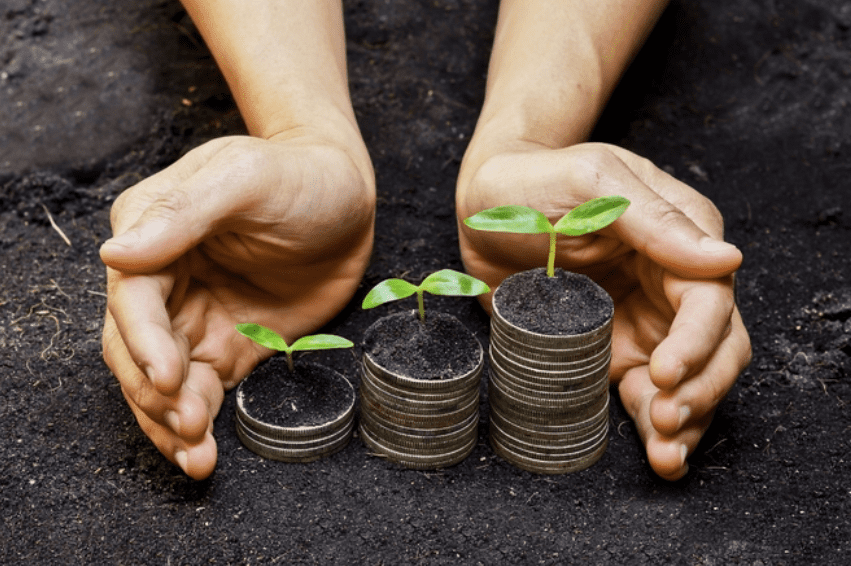
Sustainable Local Economies
Supporting local businesses and sustainable economic practices strengthens community ties and reduces environmental impact.
Promoting farmers' markets, local artisans, and businesses that prioritize sustainability boosts the local economy, reduces transportation emissions, and fosters a sense of community.
Community Gardens and Urban Agriculture
Community gardens and urban agriculture projects provide local food sources, promote healthy eating, and enhance community bonds.
These spaces offer opportunities for residents to engage in sustainable farming practices, share knowledge, and enjoy the benefits of fresh, locally grown produce.
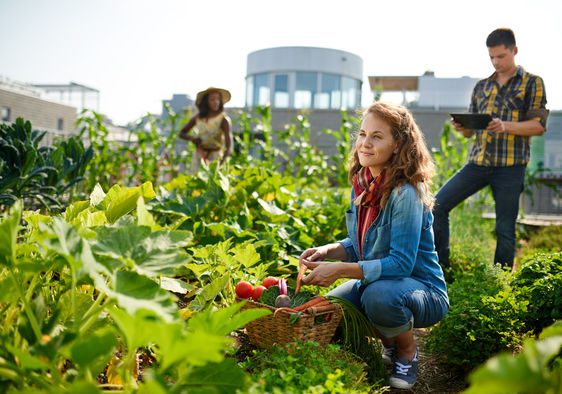
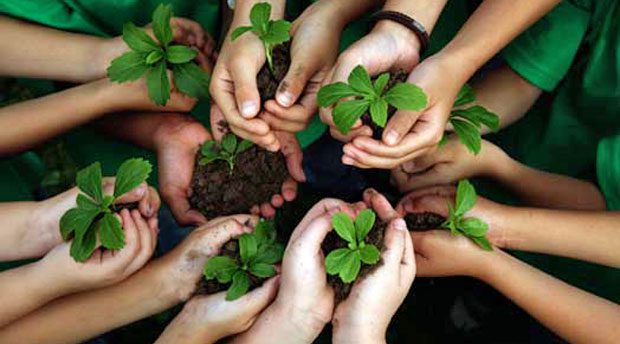
Environmental Education and Awareness
Educating residents about sustainability and environmental stewardship is crucial for long-term community development.
Schools, community centers, and local organizations can offer workshops, events, and resources to teach people about sustainable practices and how they can contribute to a healthier environment.
Sustainable practices are integral to creating thriving, resilient communities.
By integrating eco-friendly strategies into urban planning, transportation, energy, waste management, and more, communities can enhance their quality of life while protecting the environment.
Through collective efforts, education, and inclusive policies, we can build sustainable communities that serve as models for a better future. Let’s work together to foster sustainable development and create a positive impact for generations to come.

